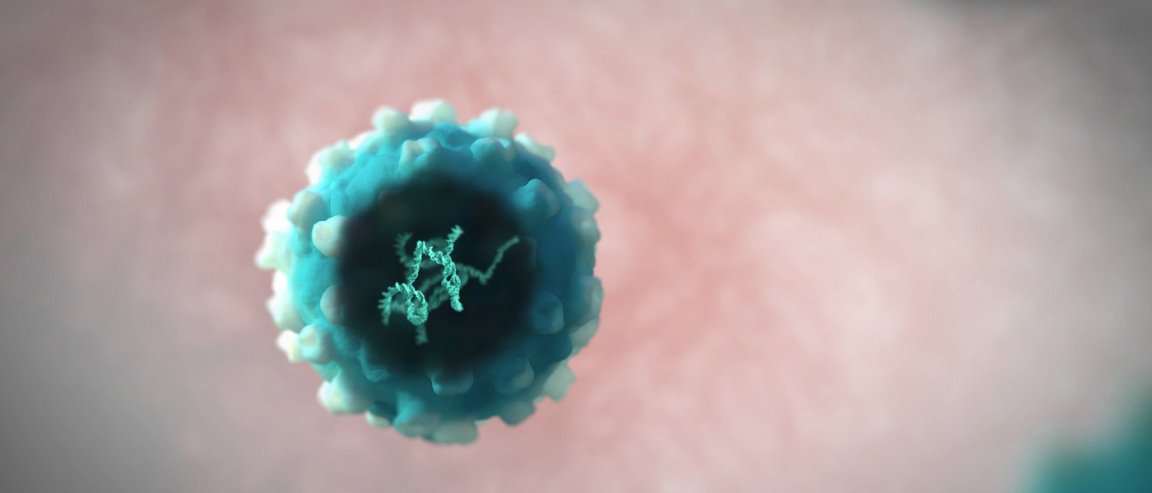
New Genes
If you’re familiar with the debilitating and life-threatening disease called ADA Severe Combined Immune Deficiency (ADA-SCID), or even worse, you know a child who’s suffering from it, there’s now gene therapy that might save their life.
Italian scientists along with pharmaceutical company GlaxoSmithKline just developed the world’s first gene therapy, called Strimvelis, available to children who are suffering with ADA-SCID. And the European Medicines Agency (EMA) just gave the green light on its testing and production.
In Europe, approximately 15 children are born with the rare genetic disorder every year. The disease prevents their bodies from creating a specific type of white blood cell. The disease is often called “bubble baby” syndrome, since they must exist in a completely germ-free environment.
Their immune systems are nearly non-existent, so sufferers rarely live beyond two years. The only known way to cure the disease is with a matching bone marrow donor. Without one, survival rates are extremely low.
The European Commission will be the determiner on giving the ‘go’ for Strimvelis to engage in formal marketing within the next couple of months. If okay’ed, Strimvelis will be the second gene therapy to be approved in Europe.
Setbacks

The field of gene therapy isn’t new. It’s actually been around for 25 years or so. But the setbacks in developments were affected by the death of an American patient in 1999, along with a handful of catastrophic clinical trials in the 90’s and early 2000’s.
But the future of gene therapy looks bright.
“We’re on page one of chapter one of a new medicine text book,” stated Martin Andrews, head of GlaxoSmithKline’s rare diseases unit. Basically, the drug is in such an early stage of development, but it’s advent is bringing the dawn of new-age medicine.
Although promising, the drug still needs to overcome some obstacles. Delivering the treatment is extremely complex, as the bone marrow needs to be extracted from the patient, injected with new genes, and placed back into the body.
The price tag might also be something to turn heads at. UniQure’s Glybera (Europe’s first approved gene therapy) made international news as the world’s most expensive drug, running at $1 million. Certain sources say that Strimvelis will not be following that same path.
Gene therapy is creating waves not only in Europe, but in the U.S. as well. Pharmaceutical giant Bristol-Myers Squibb has their eyes on the playing field, although the U.S. has yet to approve any gene therapies.
What will the future look like for gene therapy across the world? Will there be a point when we are able to cure any disease through this breakthrough science? It may be some time in coming, but there is reason to hope.